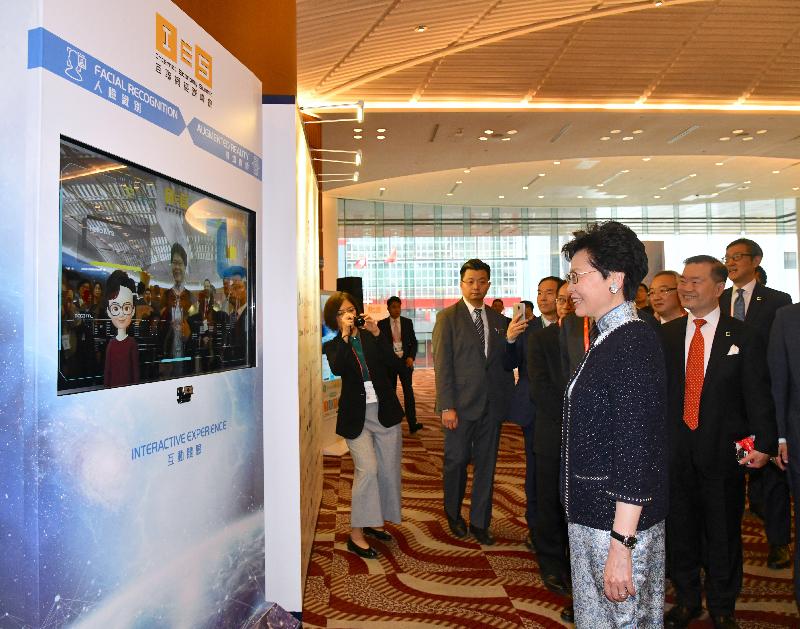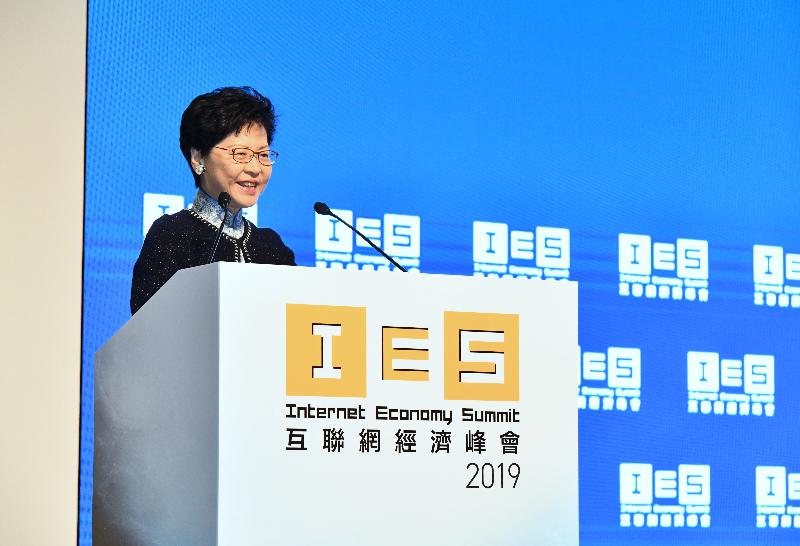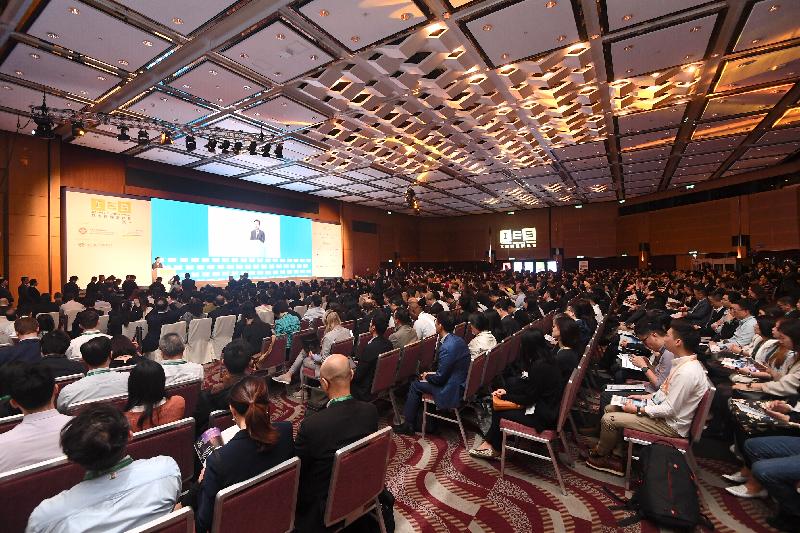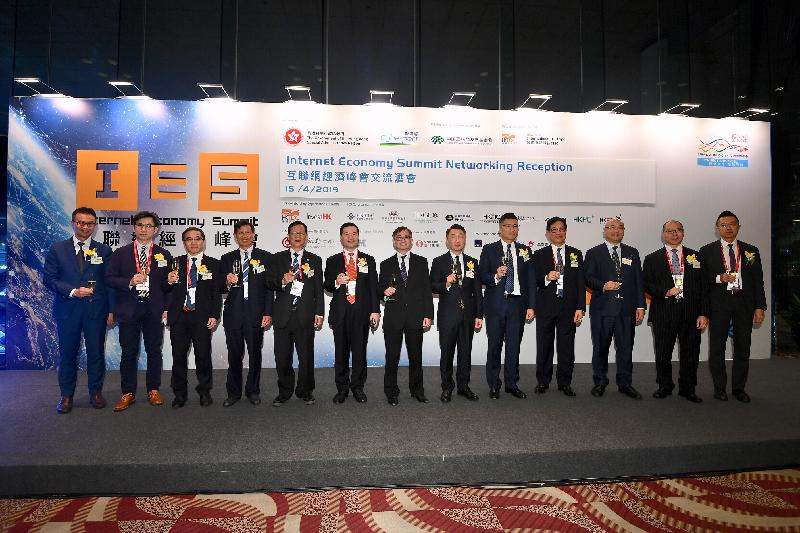Update on measles cases
The Centre for Health Protection (CHP) of the Department of Health (DH) said today (April 15) that no additional case of measles infection has been recorded as at 4pm today.
Separately, on the measles case notified earlier by the health authority of Japan as announced yesterday, according to the latest information provided by the Japanese health authority, the patient took the World Dream cruise from April 7 to 9 travelling from Shenzhen to Naha, Okinawa. The patient, who developed fever on April 8 and rash on April 10, disembarked in Naha on April 10 and was diagnosed with measles on April 12. Initial investigations revealed that 118 passengers from Hong Kong were also on board. The CHP's contact tracing is ongoing and close communication will continue to be maintained with the Japanese health authority for further information.
"The incubation period (the period from infection to appearance of illness) of measles ranges from seven days to 21 days. Members of the general public who had been on board the World Dream cruise from April 7 to 10 should observe if they develop relevant symptoms such as fever, skin rash, cough, runny nose and red eyes until May 1 (the end date of medical surveillance for contacts). If symptoms arise, they should wear surgical masks, stop going to work or school and avoid going to crowded places. They should also avoid contact with non-immune persons, especially persons with weakened immunity, pregnant women and children aged below 1. Those suspected to have been infected are advised to seek medical attention as early as possible and reveal relevant contact history of measles to healthcare professionals," a spokesman for the DH advised.
Regarding measles control measures implemented at Hong Kong International Airport (HKIA), a total of 20 persons received measles vaccination at the airport vaccination station as at 6pm today, bringing the cumulative number of vaccinations given to 8 160.
From tomorrow (April 16) to April 28, the vaccination quota for the measles vaccination station at the airport remains at 500 doses daily. Vaccination for eligible airport staff will be provided to the following target groups who:
(1) Were born in or after 1967, and have not received two doses of measles vaccination, and have not been infected with measles before, and with evidence of living with infants under 1 year old or living with pregnant women; or
(2) Have laboratory evidence of testing not positive against measles antibody (IgG)
Details of evidence are as follows:
(a) Supporting documents for living with infants under 1 year old: for example, birth certificate, discharge summary or vaccination card of the infant
(b) Supporting documents for living with pregnant women: for example, positive pregnancy tests or antenatal follow-up cards of the pregnant women
(c) Supporting documents for laboratory evidence: for example, blood results from the DH's measles serology test or any laboratory within the past 12 months
The venue and operation hours of the airport vaccination station are as follows:
| Venue: | Multi-function Room, HKIA Tower (Level 5, Terminal 2) |
| Hours: | April 16 to 28 10am to 1pm 2pm to 6pm |
As for the blood test service, the DH will continue to arrange the provision of a measles serology test service for airport staff to identify those who need the measles vaccination. A DH contractor will provide the blood test service to about 200 airport staff who were born in or after 1967 daily from Tuesdays to Thursdays (April 16 to 18 and 23 to 25). The blood test service will be suspended from Fridays to Mondays.
The venue and operation hours of the airport blood test station are as follows:
| Venue: | South side before the Immigration Hall at Level 3 of Terminal 2 (non-restricted area) |
| Hours: | April 16 to 18 and 23 to 25 9am to 1pm |
A hotline (2125 1122) has been set up for public enquiries and operates during office hours from Mondays to Fridays. A total of 3 160 enquiries have been received so far.





